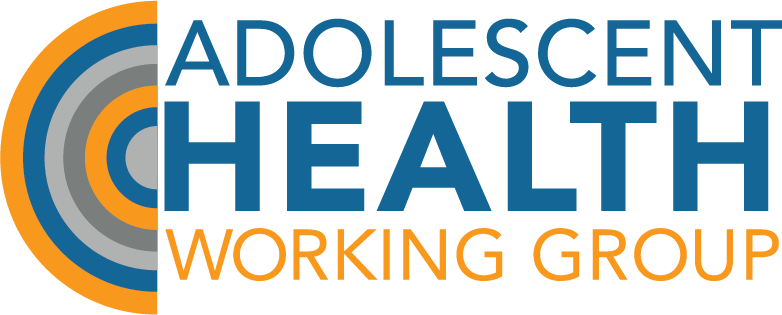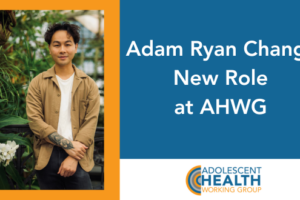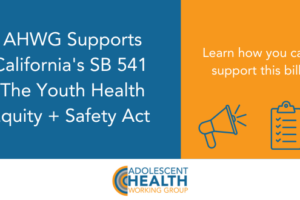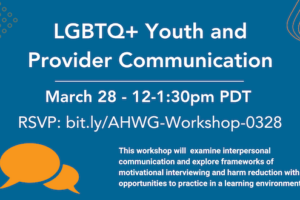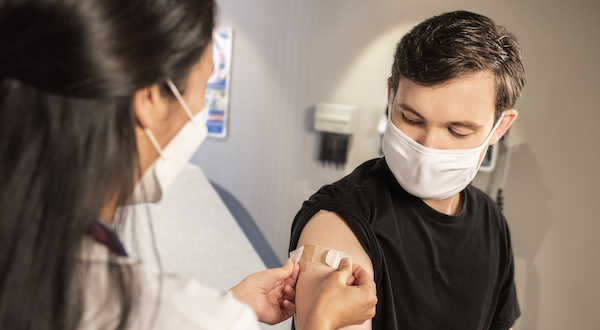
Supporting a Young Person’s Decision to Be Healthy

For decades Adolescent Health Working Group (AHWG) has championed a young person’s right to make informed decisions about their health and body. This has aligned with California’s long-established public policy:
- For the past six decades, California Family Code Section 6926 has allowed minors 12 years and older to consent to services for diagnosing and treating sexually transmitted infections (STIs).
- In 2012, the law was updated to allow California minors 12 years and older to consent to the Hepatitis B vaccine, Human Papillomavirus vaccine, and medication to prevent HIV (PEP and PrEP).
As of the date of writing this, San Francisco is the only county in California that allows a minor 12 years or older to consent to the fully approved COVID-19 vaccine, so long as the administering healthcare provider makes a reasonable attempt (i.e. a phone call) to notify a guardian.
AHWG’s role has been to support young people in understanding their autonomy and rights. We do this by directly engaging with providers and caregivers. We believe that the trusted adults in a young person’s life should facilitate conversations with young people about science and health while also feeling confident in answering questions about a young person’s body, identity, and safety.
It’s important to note that a young person’s “consent” isn’t solely made up of the word, “Yes,” in response to the question: Do I have your consent?
While the “Yes” is absolutely required, consent can only be given after (a) all medically relevant information is shared, and (b) a conversation about the medical information occurs between the minor and their healthcare professional.
We are excited about the potential opportunity that minors 12 years and older in California may soon be able to consent to all FDA-approved vaccines that meet CDC recommendations. Making its way through the California legislature as Senate Bill 866 (SB 866), this law would follow the historical trends of keeping young people healthy and safe, while benefiting the state’s entire public health. California isn’t alone in this endeavor as other states push for similar policy changes.
NPR reported on 16-year-old Nicolas Montero, who sought out the COVID-19 vaccine, but had to hide it from his parents. The article also mentioned that “a November 2021 Kaiser Family Foundation poll found that 30% of parents with 12- to 17-year-olds said they will definitely not vaccinate their children [from COVID-19].” We continue to support young people like Nicolas Montero and hope that more adults and allies will join us in advocating for youth health.
If you’re interested in reading more research on the topic of medical minor consent, consider:
- “COVID-19 Vaccination of Minors Without Parental Consent, Respecting Emerging Autonomy and Advancing Public Health” by Larissa Morgan, JD, Jason L. Schwartz, PhD, and Dominic A. Sisti, PhD, published in JAMA Pediatrics (July 12, 2021)
- “Teenagers’ Access to Confidential Reproductive Health Services” published by the Guttmacher Institute (November 1, 2005)
Photo Credit: Unsplash
